
THREAD: uk supreme court
LifeLine™ Media threads use our sophisticated algorithms to construct a thread around any topic you want, providing you with a detailed timeline, analysis, and related articles.
News Timeline

UK SUPREME COURT Stuns Nation: “Woman” Means Biological SEX Only
— The UK Supreme Court has ruled that the word “woman” means biological female, not transgender women. This bold decision sparked heated protests in London and forced the Prime Minister to backtrack on earlier support for trans rights. Public figures like JK Rowling quickly voiced their approval, while activists called the ruling unfair. Meanwhile, police in Leeds are investigating a violent attack where two women were hurt and a man with weapons was arrested. The incident has made many people worry about safety in West Yorkshire. On the world stage, UK forces joined US airstrikes against Yemen’s Houthi rebels. In other news, Virginia Giuffre — known for her claims against Prince Andrew — died by suicide, putting new focus on the Epstein scandal. Elsewhere, King Charles spoke up for cancer patients. Princess Anne honored World War I heroes in Turkey. Greenpeace’s UK leader was arrested at an embassy protest. In sports, an English rugby stadium expansion is under fire because of concerns about wildlife and UNESCO heritage status.
UK SUPREME COURT Sparks Fury: “Woman” NOW Means Biological Female Only
— The UK Supreme Court has ruled that, by law, the word “woman” means only those born biologically female. This decision leaves transgender women out of the legal definition. The ruling is already causing heated debate across Britain. Women’s rights groups cheered outside the court. They say this protects single-sex spaces and keeps women’s sports fair. Justice Patrick Hodge said using “certificated sex” would confuse laws and stressed that protections for transgender people still exist. Opponents argue the decision strips transgender people of legal recognition and rights. Political leaders are now calling for new laws as protests break out across the country. This major ruling will shape future debates about gender identity and legal rights in Britain for years to come.
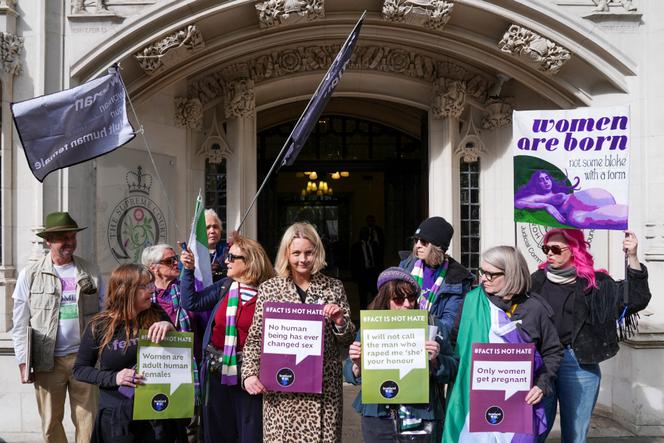
UK SUPREME COURT Stirs Fury With Bold “Woman” Ruling
— The UK Supreme Court has ruled that the word “woman” means biological female in law. This decision, made by five judges, keeps single-sex spaces like locker rooms and shelters for women only. Transgender women are not included under this definition in the Equality Act. Author JK Rowling called it a big win for women’s rights. After the ruling, thousands took to London’s streets to protest. Some activists damaged statues in Parliament Square, including one honoring suffragette Millicent Fawcett. These protests show how divided Britain is over gender identity and legal definitions. Many conservatives believe this ruling protects women’s safety and privacy while keeping laws clear. Supporters of the court say it defends common sense and real equality for girls and women. Opponents argue it leaves transgender people out of important legal protections. The debate is far from over as both sides dig in their heels.
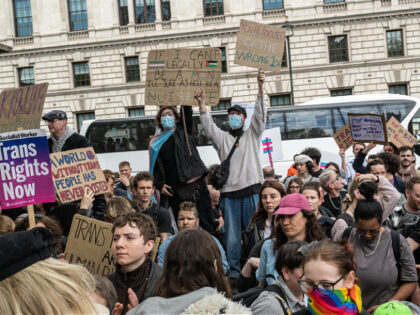
SUPREME COURT Shock: Angry Trans Activists Deface Historic London Statues
— Furious activists filled Parliament Square after the British Supreme Court ruled that sex is biologically binary. The court’s decision blocks men who identify as women from entering women-only spaces. Protesters responded by vandalizing statues, including the famous suffragette Millicent Fawcett monument.
Demonstrators held signs saying “trans women are real women” and “biology is not binary.” Palestinian flags and transgender symbols waved side by side, as speakers urged unity between trans activists and pro-Palestinian groups.
The crowd chanted, “One struggle, one fight: Palestine — trans rights.” Many online slammed this message as out of touch since LGBTQ people face harsh punishment under Islamist regimes like Hamas in Gaza. In much of the Middle East, homosexuality is illegal and can lead to severe penalties.
Critics called out the protestors for being either ignorant or hypocritical. Author Aviva Klompas said their lack of awareness was shocking, while former IDF spokesman Peter Lerner noted that many LGBTQ Palestinians escape to Israel to avoid persecution in Gaza.

ROWLING’S Triumph: UK Supreme Court Delivers Stunning WIN For Women’S Rights
— The UK Supreme Court just ruled that only those born female are legally recognized as women. This means transgender women are not included in the legal definition of “woman.” Author JK Rowling celebrated the news on X, sharing a photo with a drink and cigar, writing, “I love it when a plan comes together. #SupremeCourt #WomensRights.”
Rowling thanked For Women Scotland, the group behind the case. She joked her husband was celebrating like it was Victory in Europe Day, posting, “Neil says it’s TERF VE Day.” For Women Scotland called the ruling a big win for women’s rights and children’s safety.
The decision has sparked heated debate online. Supporters say this protects biological women under law. Critics claim it leaves out transgender people.
Rowling has stood firm on this issue for years and still faces backlash from left-wing activists. She believes keeping clear definitions is key to protecting spaces meant for women only.;
UK SUPREME COURT Delivers Powerful WIN for Women’S Spaces
— The UK Supreme Court has made a strong ruling: women-only spaces like bathrooms, hospital wards, and sports teams must be kept for those born biologically female. The court said single-sex services cannot include biological males, no matter their gender identity or legal paperwork. The Equality and Human Rights Commission will update its public guidelines by summer to match this decision. Transgender activists are upset, claiming the ruling harms their rights. Still, the court stressed that anti-discrimination laws protect transgender people but do not change what it means to be biologically female. This case started in Scotland over a law that said half of public board members must be women. The question was whether transgender women with legal certificates should count as women for these quotas. The court decided only biological sex matters under the Equality Act’s definition of “woman.” There are about 66 million people in England, Scotland, and Wales. Of those, around 116,000 identify as transgender. Only about 8,500 have received gender recognition certificates since the process began.
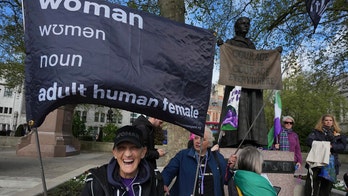
UK SUPREME COURT’S Bold Woman Ruling Sparks JOY And Outrage
— The United Kingdom’s Supreme Court has ruled that a woman is someone born biologically female. This decision means transgender women are not included in the legal definition of a woman under the U.K. Equality Act. The court said transgender women can be kept out of single-sex spaces like changing rooms, homeless shelters, and medical services meant for women only. Even those with legal documents saying they are female do not count as women for these rules. Justice Patrick Hodge explained, “This does not remove protection from trans people.” He stressed that they still have rights against discrimination based on gender reassignment. Women’s rights activists cheered outside the Supreme Court after hearing the news. Meanwhile, transgender activists slammed the decision and urged lawmakers to push back, but supporters say this ruling protects biological women in important spaces.

UK SUPREME COURT’S Bold Ruling Defines “Woman”—Sparks Relief And Outrage
— The UK Supreme Court has ruled that a woman is someone born biologically female. This means transgender women are not included in the legal definition of a woman under British law. Groups can now limit single-sex spaces, like changing rooms and shelters, to biological women only. Justice Patrick Hodge explained that this ruling does not take away protections for transgender people. He said using “certificated sex” instead of biological sex would make the law confusing and unclear. Women’s rights advocates cheered outside the court after hearing the decision. Many see it as a win for common sense and safety in public spaces. This landmark ruling is sure to fuel more debate about gender identity and legal rights across Britain. Both sides are preparing for what comes next in this heated national conversation.
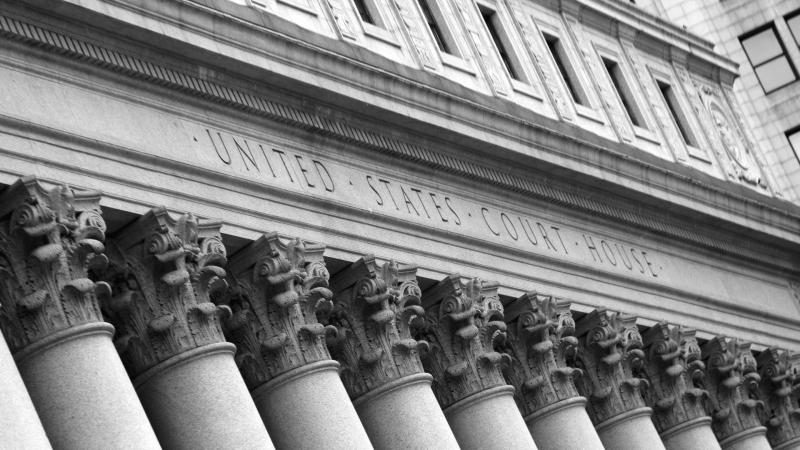
UK Government’s BOLD Move to OVERRIDE Controversial Sentencing
— The UK government plans to pass an emergency law to override newly released sentencing guidelines. This decision follows criticism from Conservative shadow justice secretary Robert Jenrick, who accused the Sentencing Council of yielding to outside pressures. The guidelines aimed at addressing sentencing disparities among ethnic groups but have sparked significant controversy.
New legislation will be introduced to tackle heated debates over the sentencing of ethnic minority offenders. The law seeks to address delays in justice for victims, especially those reporting serious crimes like rape, who face long waits for trials. This initiative highlights the government’s commitment to ensuring timely justice and addressing public concerns over fairness in the legal system.
Delaware’s STRATEGIC Law Change: Keeping Businesses HOME
Delaware has enacted changes to its corporate conduct regulations following high-profile departures like Elon Musk’s exit from the state. This legislation aims to prevent further corporate exoduses and underscores Delaware’s commitment to maintaining a business-friendly environment. By adapting its laws, Delaware seeks to retain businesses and bolster its economic standing amid competitive pressures from other states.

TRUMP FIGHTS Back: Legal Showdown Over Policies Ignites Debate
— Justice Sonia Sotomayor affirmed that court decisions “stand,” addressing concerns about President TRUMP’s acceptance of legal rulings. Liberals worry about potential defiance from the administration.
President Trump, with Elon Musk’s backing, aims to cut federal employees quickly but faces legal obstacles. The administration challenges rules that protect executive branch officials from layoffs.
Major corporate law firms have united against Trump policies, focusing on immigration and transgender rights issues. At least eight top firms represent plaintiffs in these legal battles.
The Justice Department has accused New York of favoring illegal immigrants over citizens, targeting the state’s “green light” law for driver’s licenses for undocumented individuals. Pam Bondi announced a lawsuit excluding New York City and Mayor Adams but focusing on state-level policies.

UK JUDGE’S BOLD Decision Stirs Controversy: Palestinian Family Gains Entry
— A Palestinian family, displaced by an Israeli airstrike in Gaza, applied to enter the U.K. under the Ukraine Family Scheme. Although not Ukrainian, they sought a compassionate interpretation of the law. The British Home Office initially rejected their application last May.
The family appealed to an immigration tribunal judge, who also rejected their case. However, an upper tribunal judge later upheld their appeal in January, citing the European Convention on Human Rights’ “right to family life.” This decision sparked criticism from many in the British political establishment.
Critics argue that allowing this exception could lead to a flood of similar cases from Gaza and accuse judges of overstepping by altering government policy without authority. Shadow home secretary Chris Philp emphasized that judges should not create new schemes based on broad interpretations of human rights law.
Judge Hugo Norton-Taylor defended his ruling by highlighting the severe risks faced by the family’s youngest children if they remained in Gaza. He dismissed concerns about opening floodgates, asserting that his decision was based solely on this case’s unique circumstances and facts.

SCOTUS DECISION Rocks TikTok: What It Means for America
— The U.S. Supreme Court has upheld the TikTok divest-or-ban law, dismissing claims of First Amendment violations. This decision requires ByteDance to sell its U.S. stake in TikTok by January 19 or face a nationwide ban. The ruling could change the social media landscape and has ignited debates on national security and data privacy concerns.
Legal experts are now exploring how this decision will affect freedom of expression for users. The ruling raises questions about balancing national security with constitutional rights, a topic that remains contentious among stakeholders.
Concerns are growing over how this could impact American users and businesses that rely on TikTok for communication and marketing purposes. As discussions continue, many eagerly await ByteDance’s next move in response to this landmark Supreme Court decision.

SUPREME COURT’S Bold Move: TikTok BAN to Stand in the USA
— The Supreme Court has unanimously upheld a federal law banning TikTok unless its China-based parent company sells it. This decision will take effect on Sunday. TikTok’s CEO expressed gratitude towards President-elect Donald Trump for his efforts to keep the app available in the U.S.
ISRAEL’s BRAVE CEASEFIRE: Hostage DEAL with Hamas APPROVED
Israel’s Cabinet has approved a ceasefire and hostage exchange deal with Hamas, set to begin on Sunday. The agreement includes releasing Israeli hostages in exchange for Palestinian prisoners, starting with three women hostages. Additionally, Egypt will facilitate the entry of 600 aid lorries per day during the ceasefire period.
CALIFORNIA RECOVERS: Evacuation ORDERS LIFTED After Battery Plant FIRE
Authorities have lifted evacuation orders following a fire at Vistra Power Plant in Moss Landing, California. The incident forced evacuations and road closures in Monterey County on Thursday, but some roads remain closed as safety assessments continue.
A gunman shot dead two judges in Tehran, raising immediate concerns about judicial safety in Iran’s capital city. The attack highlights vulnerabilities faced by judges involved in politically sensitive cases within the country’s judicial system

SUPREME COURT’S Bold Move to Protect America from China-Owned Apps
— The U.S. SUPREME COURT has upheld a law allowing the government to ban TikTok unless it’s sold by its Chinese parent company. This decision addresses concerns over data privacy and national security linked to the popular app. Millions of American users are affected as lawmakers push for tougher rules on foreign-owned social media platforms.
The law emerged from fears that China could access sensitive personal data of American users through TikTok. Supporters see this ruling as a win for privacy and security, while critics worry about job losses and restricted free speech. The decision aligns with increased scrutiny on foreign tech companies in the U.S.
TikTok has been urged to consider selling or restructuring to ease these concerns, which could impact other tech firms with foreign connections. This ruling may lead to big changes in how tech companies are owned and operate under U.S. laws, sparking talks about future compliance strategies within the industry.

SUPREME COURT Decision Sparks Fury: Virginia Voter Purge Backed
— The Supreme Court’s conservative majority upheld Virginia’s voter registration purge on Wednesday. The state argues this action prevents non-citizens from voting. This decision aligns with Virginia’s Republican administration under Governor Glenn Youngkin.
A Virginian affected by the purge criticized it as “a very bad October surprise,” despite living in the state her entire life. The court’s ruling came over the dissent of its three liberal justices, highlighting a clear ideological divide.
The Supreme Court did not provide an explanation for its decision, which is common in emergency appeals. This move underscores ongoing debates about voter registration and election integrity across the nation.

SUPREME COURT Shocker: Emergency Abortions Allowed in Idaho
— The Supreme Court is set to permit emergency abortions in Idaho when a pregnant patient’s health is at serious risk. A draft opinion briefly posted on the court’s website indicates a 6-3 vote to reinstate a lower court order allowing such procedures. Conservative Justices Thomas, Alito, and Gorsuch dissented.
Justice Ketanji Brown Jackson noted that this decision does not resolve the core issues of Idaho’s strict abortion ban. She emphasized that today’s ruling is merely a delay, not a victory for pregnant patients in Idaho. The case will continue at the 9th U.S. Circuit Court and may return to the Supreme Court later.
The Supreme Court acknowledged an inadvertent posting of the document and stated that an official opinion would be issued “in due course.” This development leaves many key questions unanswered, prolonging uncertainty around Idaho’s abortion laws.
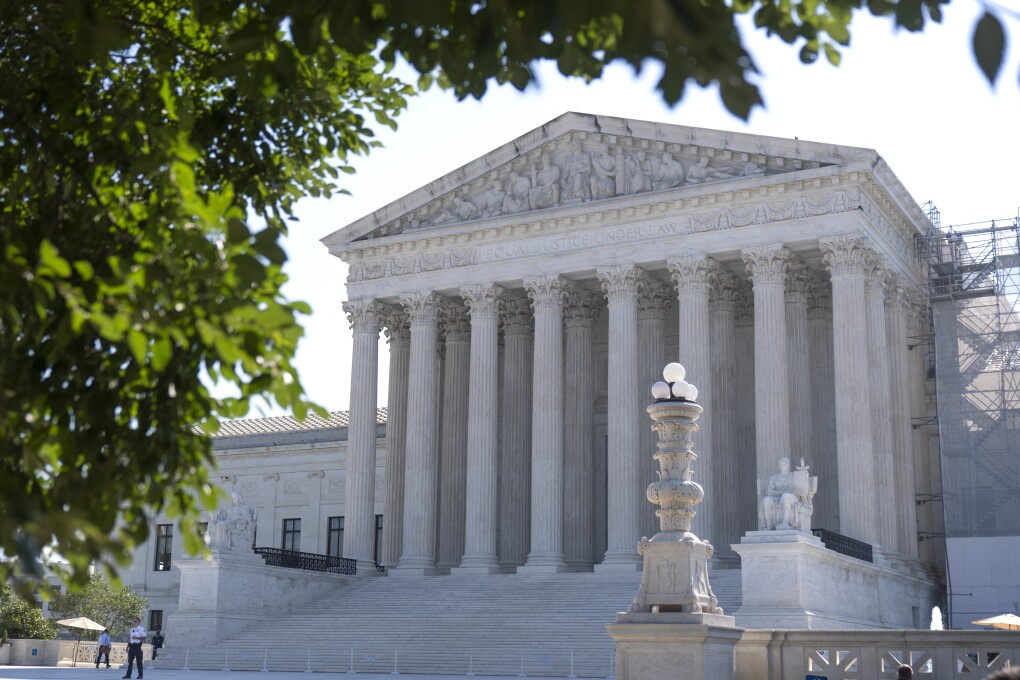
— US Supreme Court Upholds Access to Abortion Pill Mifepristone The US Supreme Court decision ensures continued availability of the abortion pill mifepristone, a key method for terminating pregnancies
— SUPREME COURT UPHELD SOUTH CAROLINA DISTRICT: Ruling maintains Republican control, dismisses discrimination claim against Black voters
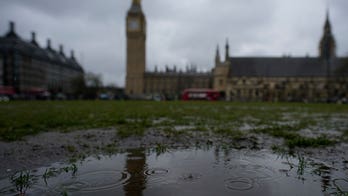
UK Government’s CLIMATE STRATEGY Crumbles Under Court Scrutiny
— A High Court judge has ruled the UK government’s climate strategy illegal, marking another significant setback. This decision is the second time in two years that the government has failed to meet its legal emissions targets. Justice Clive Sheldon highlighted that the plan lacked credible evidence to support its feasibility.
The scrutinized Carbon Budget Delivery Plan was intended to drastically cut greenhouse gas emissions by 2030 and reach net zero by 2050. Yet, Justice Sheldon criticized it for being “vague and unquantified,” pointing out a serious lack of detail and clarity in the proposal.
Environmental organizations argued successfully that the government did not disclose vital details about how it would implement its strategy to Parliament. This omission of information hindered proper legislative oversight and played a pivotal role in the plan’s rejection by the court.
This ruling sends a clear message about accountability and transparency needed in governmental actions, especially concerning environmental policies critical for future generations.
— Supreme Court Examines State Abortion Ban Impact Post-Nationwide Overturn The Supreme Court is reviewing the effects of a state abortion ban following the overturn of the national right to abortion
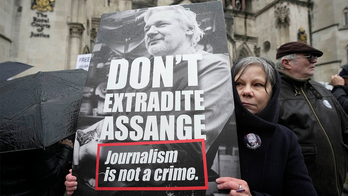
JUDGEMENT HOUR: Assange’s Future Teeters as UK Judges Decide on US Extradition
— Today, two esteemed judges from the British High Court will determine the destiny of Julian Assange, the founder of Wikileaks. The verdict, slated for 10:30 a.m. GMT (6:30 a.m. ET), will decide if Assange can contest his extradition to the U.S.
At age 52, Assange is up against espionage charges in America for disclosing classified military documents over ten years ago. Despite this, he has not yet faced trial in an American court due to his escape from the country.
This decision comes on the heels of last month’s two-day hearing which might have been Assange’s final bid to thwart his extradition. If denied a comprehensive appeal by the High Court, Assange could make one last plea before the European Court of Human Rights.
Supporters of Assange are apprehensive that an unfavorable ruling could expedite his extradition. His spouse Stella underscored this critical juncture with her message yesterday stating “This is it. DECISION TOMORROW.”
— Supreme Court Rejects States’ Efforts to Bar Trump Under 14th Amendment, Fueling Election Uncertainty The Supreme Court ruling dismisses state attempts to block Trump’s candidacy under the 14th Amendment, potentially leading to increased electoral ambiguity
— Supreme Court to Decide if Trump Can Stay on Colorado Ballot Amid Insurrection Allegations The Supreme Court will hear arguments regarding whether Donald Trump violated a constitutional provision targeting those who engaged in insurrection and can remain on the ballot in Colorado
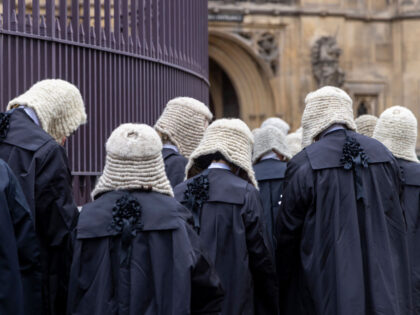
UK Courts ISSUE Stark WARNING: The Dangers of AI in Legal Analysis
— The UK’s Courts and Tribunals Judiciary recently sounded an alarm over the use of artificial intelligence (AI) in legal research and analysis. They pointed out potential pitfalls such as misinformation, bias, and inaccuracies. Master of the Rolls Geoffrey Vos stressed that judges should continue to take personal responsibility for their decisions, while not completely rejecting AI.
This caution comes at a time when conversations are heating up about the future role of AI in law. Possibilities range from replacing lawyers to making case decisions. The judiciary’s careful approach is seen as forward-thinking for a profession usually slow to embrace technology. Ryan Abbott, a law professor at the University of Surrey, highlighted that there is currently an intense debate about how to regulate AI.
Legal experts have applauded this move by the judiciary as it addresses recent advancements in AI technology head-on. England and Wales are now among leading courts worldwide tackling this issue proactively. Half a decade ago, the European Commission for Efficiency of Justice released an ethical charter on using AI in court systems which focused on principles like accountability and risk management.
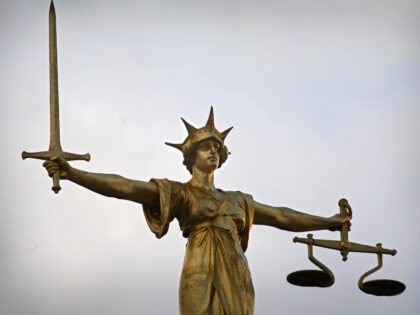
UK Judges DISMISS Security Threats, HAND Citizenship to Isis Propagandist
— British judges have recently overlooked concerns raised by the Home Office regarding a Sudanese migrant, referred to as “S3”. This individual entered the UK illegally in 2005 and again in 2018. Despite having his British passport revoked due to active dissemination of ISIS propaganda, he has now been granted UK citizenship and permanent anonymity.
S3’s legal representation argued that his deportation would infringe upon his human rights. They cited potential detention and torture risks in Sudan as reasons for him to remain in the UK. This argument swayed the justices, even though S3 has made multiple trips back to Sudan without facing any form of persecution. During one such visit in December 2016, he allegedly used social media platforms to spread ISIS propaganda.
The government presented a case suggesting that S3 is a threat to national security. MI5 claimed that he showed unwavering commitment towards extremist ideologies propagated by ISIS and could potentially influence others towards radicalization. However, his lawyers successfully invoked provisions from the European Convention on Human Rights (ECHR) preventing his deportation.
Prominent Brexiteers like Nigel Farage believe that Rishi Sunak’s government must withdraw from ECHR for regaining control over Britain’s borders. The ECHR has been previously used as a shield against deportation for at least 53 convicted terrorists.

Video
STARKEIR STARMER’S £100K Freebies Spark Outrage
— Prime Minister Sir Keir Starmer has received more freebies than any other MP since becoming Labour leader. He declared gifts and hospitality worth over £100,000, surpassing all other MPs. These gifts include tickets to sporting events and lavish dinners from various organizations.
This trend of MPs receiving substantial benefits raises ethical questions about the influence of such gifts on political decisions. Public trust in politicians is already low, and further scrutiny is anticipated from both the public and political adversaries. Starmer’s office claims all gifts were declared according to parliamentary rules, ensuring transparency.
The disclosure has sparked debate on stricter regulations for MPs accepting gifts and benefits. Critics argue that lavish gifts can lead to conflicts of interest and compromise impartiality. Supporters say these experiences help politicians engage with different sectors, benefiting their understanding and policy-making.
As the story unfolds, calls for reform in regulations governing MPs may arise. Sky News’ investigation highlights the blurred lines between politics and external influences, prompting a re-evaluation of ethical standards for public servants.
More Videos
Invalid Query
The keyword entered was invalid, or we couldn't gather enough relevant information to construct a thread. Try checking the spelling or entering a broader search term. Often simple one-word terms are enough for our algorithms to build a detailed thread on the topic. Longer multi-word terms will refine the search but create a narrower information thread.
Politics
The latest uncensored news and conservative opinions in US, UK, and global politics.
get the latestLaw
In-depth legal analysis of the latest trials and crime stories from around the world.
get the latest
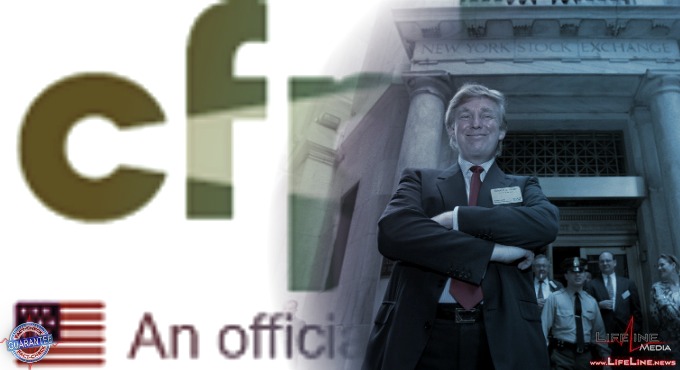

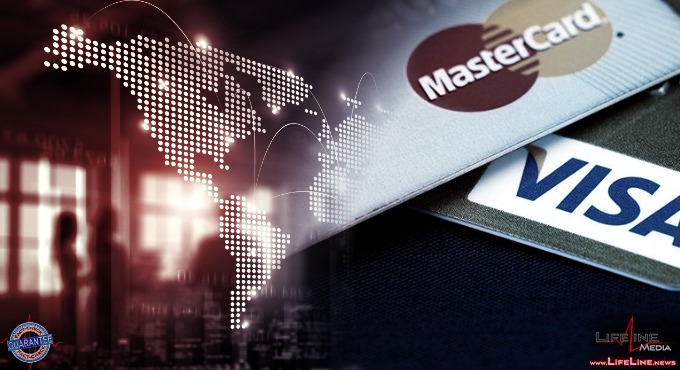
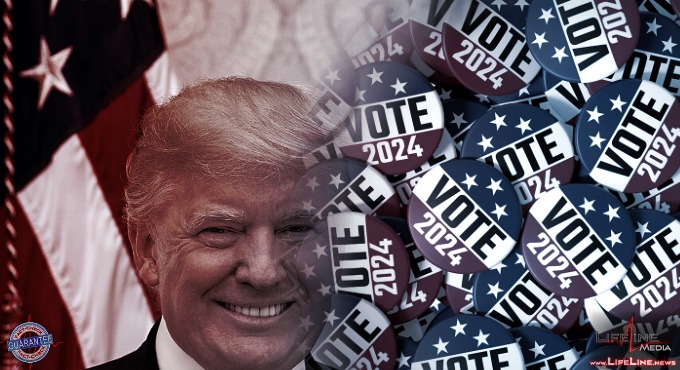

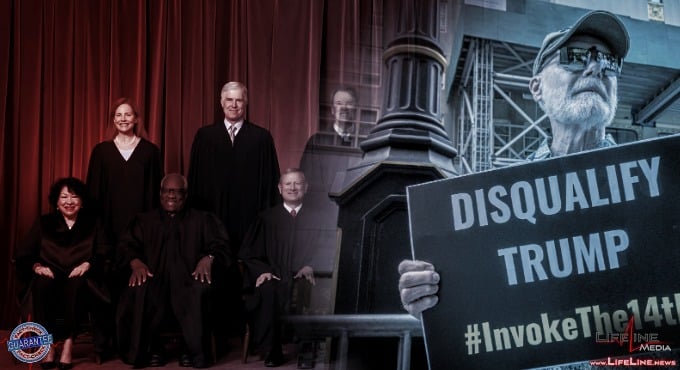


Social Chatter
What the World is Saying🇷🇴 ROMANIAN COURT SLAMS CONSTITUTIONAL COURT FOR ELECTION ANNULMENT: ABUSE OF POWER, ILLEGALITY CONFIRMED The Ploiești Court of Appeal just ruled that the Constitutional Court's (CCR)...
. . .🇷🇴 ROMANIAN COURT SLAMS CONSTITUTIONAL COURT FOR ELECTION ANNULMENT: ABUSE OF POWER, ILLEGALITY CONFIRMED The Ploiești Court of Appeal just ruled that the Constitutional Court's (CCR)...
. . .We’re seeing a consistent pattern. 1) Biden administration does something the American people elected Donald Trump to undo. 2) A lawless district court judge substitutes his or her policy...
. . .This is a ridiculously obvious case of judicial corruption. The vast majority of judicial corruption is just as severe, but not as obvious.
. . .Let’s get this straight: Biden can setup DEI (illegal racial discrimination). But Trump can’t end it. Congress must start cutting the federal judiciary’s budget and power.
. . .